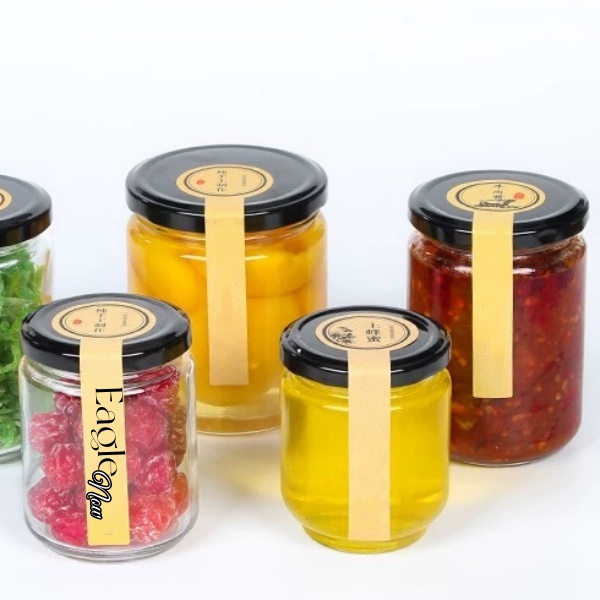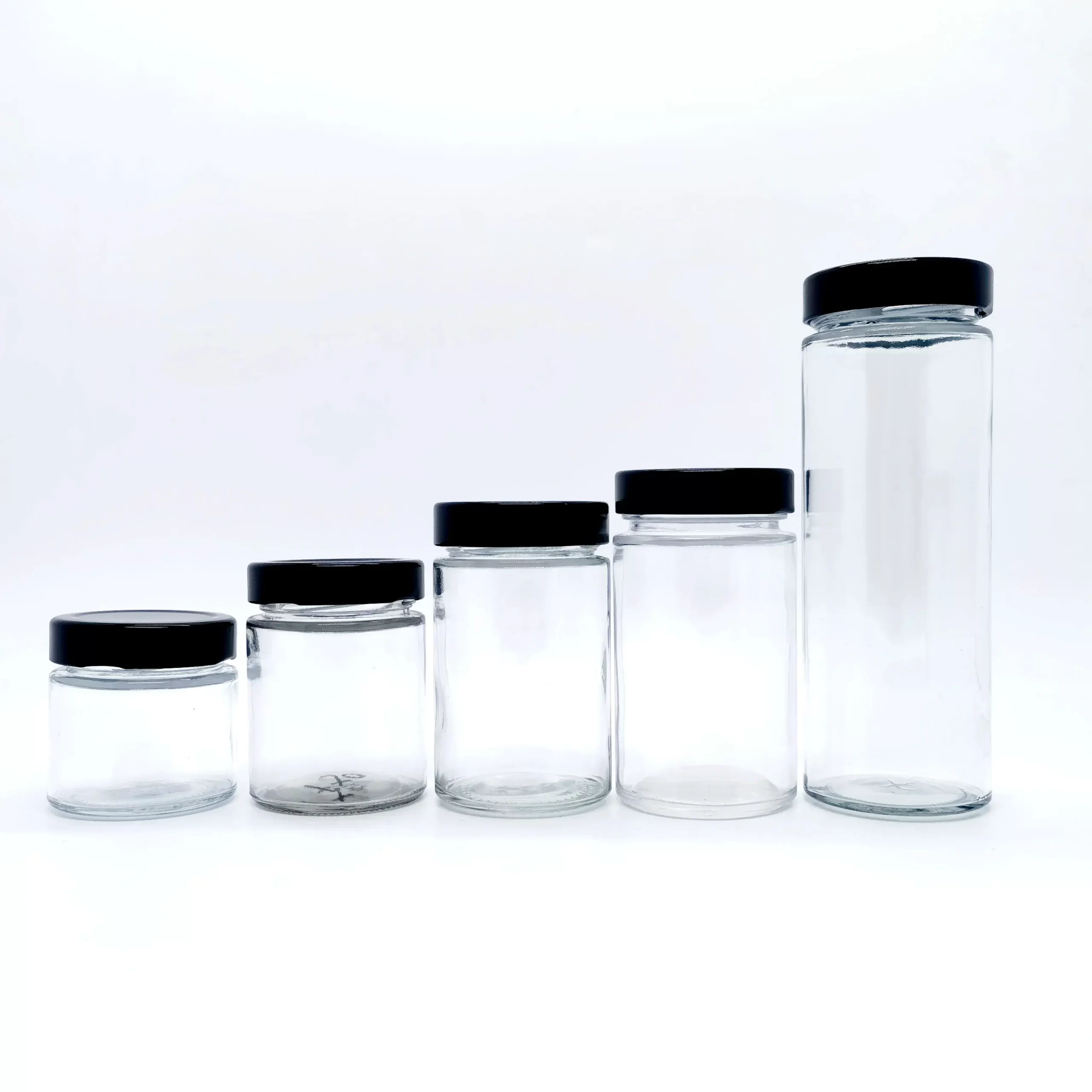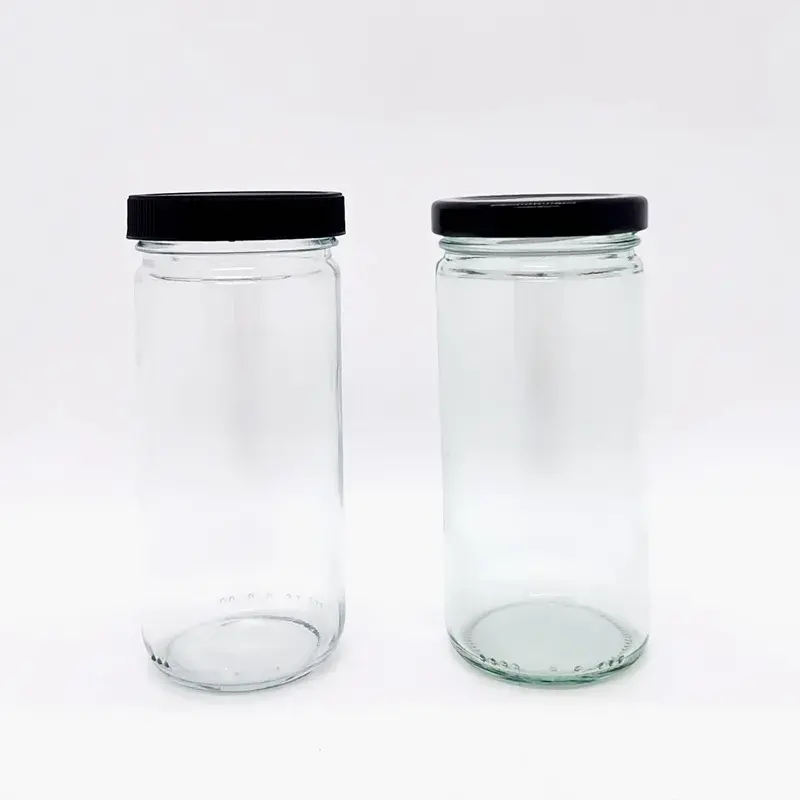Home canning is a time-honored method of preserving the bounty of your garden or favorite seasonal produce. But a common question arises: How long do home canned foods last? In this comprehensive guide, we'll explore the shelf life of canned goods, best practices for storing your jars, and tips to ensure your canned food stays safe to eat for as long as possible. Read on to become a master of food preservation in your own kitchen.
What Is the Shelf Life of Home Canned Foods?
When you can your own food at home, understanding the shelf life of these products is crucial for safety and enjoyment. Generally, home canned foods maintain optimal quality for one year. This timeframe ensures the best taste, texture, and nutritional value.
However, many home canners have consumed canned goods that were two or three years old without any issues. As long as the jar is sealed properly and the food was processed correctly using the right canning process, the food can remain safe to eat beyond one year. Nevertheless, the quality of the food may decline over time, so it's best to consume your canned items within 12-18 months.
Factors That Affect How Long Canned Goods Last
Several factors influence the longevity of your canned food:
- Type of Food: High-acid foods like tomatoes and fruits have a longer shelf life compared to low-acid foods such as meats and vegetables.
- Canning Method: Using the appropriate method, like pressure canning for low-acid foods and water bath canning for high-acid foods, ensures safety.
- Storage Conditions: Properly store your canned goods in a cool, dark place to maximize shelf life.
- Quality of Ingredients: Fresh and high-quality produce leads to better preservation.
Properly Storing Your Home Canned Foods
To extend the shelf life of your home canned foods, follow these storage tips:
- Cool Temperature: Store home canned foods between 50°F and 70°F. Higher temperatures can cause spoilage.
- Dark Environment: Light can degrade food quality. Use a pantry or cupboard away from direct sunlight.
- Dry Area: Moisture can corrode lids and break seals. Ensure the storage area is dry.
By providing optimal conditions, you help prevent food spoilage and maintain the quality of your canned goods.

Can Home Canned Foods Be Stored Indefinitely?
No, even under ideal conditions, canned foods do not last forever. Over time, chemical changes can affect the quality of the food, leading to texture and flavor loss. While the food may remain safe to consume if the jar is still sealed, it's advisable to use canned goods within one to two years.
Eating canned food that is several years old increases the risk of consuming spoiled food, which can lead to illness. Always prioritize safety over food waste.
Signs That Your Canned Food Is No Longer Safe to Eat
Before consuming any home canned goods, inspect them for these warning signs:
- Bulging Lids: Indicates gas production from bacteria growth.
- Broken Seals: If the lid's center pops up and down, the seal is compromised.
- Leaks or Seepage: Liquid oozing from the jar is a red flag.
- Off Smell: A foul odor suggests spoilage.
- Discoloration: Significant color changes can mean the food spoilage has occurred.
If you notice any of these signs, remove the food carefully and discard it safely. Do not taste it.

The Importance of the Canning Process
Proper home canning methods are vital for safety. Low acid foods like meats and vegetables must be pressure canned to eliminate bacteria such as Clostridium botulinum, which causes botulism.
Always use tested canning recipes from reliable sources like the National Center for Home Food Preservation or the Complete Guide to Home Canning. This ensures that you're using the correct processing times and pressures for safe preservation.
Storing Low-Acid vs. High-Acid Foods
Low-acid foods:
- Examples: Green beans, corn, meats.
- Require pressure canning.
- Have a shorter shelf life due to higher risk of bacteria.
High-acid foods:
- Examples: Fruits, pickles, canned tomatoes.
- Can be water bath canned.
- Generally have a longer shelf life.
Understanding the difference helps in selecting the right method of canning and storage practices.
Does Vacuum Sealing Extend Shelf Life?
While vacuum sealing can remove air and potentially extend the freshness of foods, it does not replace proper canning processes. Vacuum-sealed canned goods still require correct canning methods to ensure safety.
Vacuum sealing may help preserve the food's quality for a longer period but always adhere to recommended storage times.
Frequently Asked Questions
How long can you keep home canned goods?
Consume home canned foods within one year for best quality. They may remain safe to eat if the jar is still sealed, but quality declines over time.
Is it safe to consume canned food past the recommended shelf life?
If the food was processed correctly and shows no signs of spoilage, it may be safe to consume. However, for optimal taste and nutrition, it's best to adhere to recommended guidelines.
Can I store jars in my garage or shed?
It's not recommended. These areas can experience temperature fluctuations and moisture, which can compromise the canned food.

Best Practices for Food Preservation at Home
- Use Quality Jars: Invest in good quality mason jars designed for canning.
- Follow Official Guidelines: Refer to the National Center for Home Food Preservation for trusted methods.
- Label Your Jars: Include the canning date and contents for easy tracking.
- Store Properly: As mentioned, cool, dark, and dry conditions are ideal.
- Inspect Regularly: Periodically check your canned goods for signs of spoilage.
By following these practices, you'll enhance the safety and longevity of your home canned foods.
Conclusion
Home canning is a rewarding way to enjoy seasonal produce year-round. By understanding how to store your canned goods properly and recognizing the signs of spoilage, you can ensure that your preserved foods remain safe to eat and delicious. Always prioritize safety, use reliable resources, and enjoy the fruits of your labor.
Looking for the perfect jars for your canning needs? Check out these high-quality options:
- Glass Storage Jar 30ml-1000ml Empty Round Hermetic Pickle Canned Food Jam Glass Container With Metal Lid – Ideal for all types of food preservation.
- 106ml 212 ml 314ml Ergo Glass Jar For Food W/ Cap – Perfect for storing sauces, jams, and more.
- 8oz Tall Straight-sided Clear Paragon Glass Jar For Storage Spices Jar With Lid – Great for spices and dry goods.
Summary
- Shelf Life: Home canned foods are best consumed within one year.
- Storage: Store jars in cool, dark, and dry places.
- Safety: Always check for signs of spoilage before consuming.
- Canning Methods: Use proper techniques for low-acid and high-acid foods.
- Best Practices: Label jars, follow official guidelines, and use quality equipment.
Preserving food at home is both an art and a science. By staying informed and diligent, you can enjoy your canned delicacies safely and deliciously all year round.
Post time: 12-16-2024







